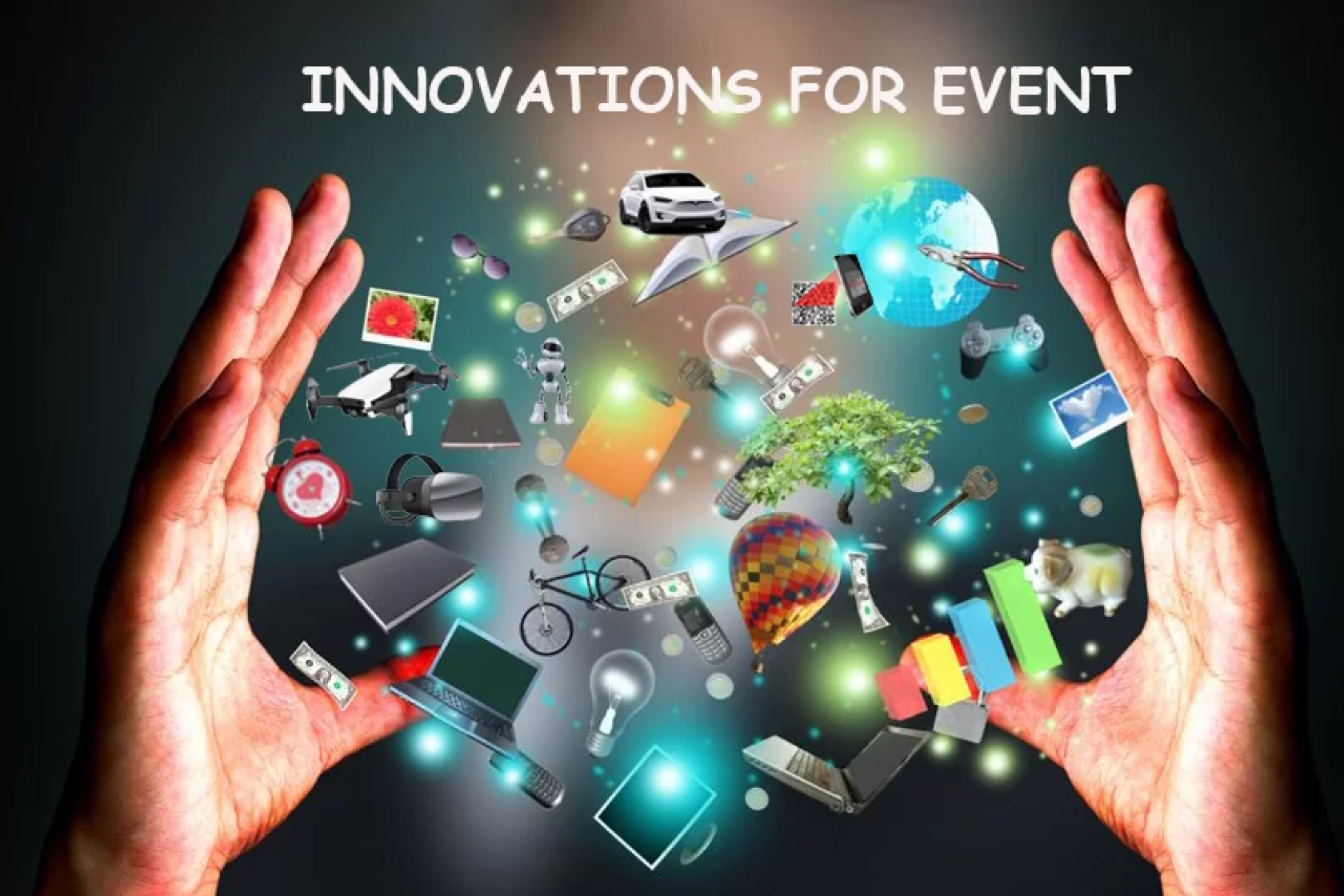Technologies in event marketing: current trends and innovations
Modern technologies have significantly changed the approach to event management. Innovative solutions make processes more convenient, efficient and interactive.
Today, Event Management uses advanced tools for planning, organizing and conducting events — from specialized platforms to augmented reality technologies. In this article, we will look at how technology affects the organization of events and what trends are shaping the future of the industry.
1. The impact of technology on Event Management
Technology has changed all aspects of event management, making them more interactive and convenient for both organizers and participants. Here are a few key technological solutions that have become an integral part of modern events:
2. Innovations in Event Management
Innovative technologies not only facilitate event management, but also create new opportunities for interaction with the audience:
Conclusion
Technology plays an important role in the development of Event Management, making the process of organizing events more convenient, interactive and efficient. The use of advanced solutions allows not only to improve the experience of participants, but also to optimize internal processes. In the future, we will see even more innovations that will continue to transform the event management industry.
Modern technologies have significantly changed the approach to event management. Innovative solutions make processes more convenient, efficient and interactive.
Today, Event Management uses advanced tools for planning, organizing and conducting events — from specialized platforms to augmented reality technologies. In this article, we will look at how technology affects the organization of events and what trends are shaping the future of the industry.
1. The impact of technology on Event Management
Technology has changed all aspects of event management, making them more interactive and convenient for both organizers and participants. Here are a few key technological solutions that have become an integral part of modern events:
- Online planning platforms: Event Management Systems (EMS) allow you to automate many processes — from booking venues to managing registrations. Such platforms simplify communication between organizers and participants.
- Mobile applications for participants: Special event applications allow participants to receive information about the program, search for contacts of other participants and track changes in real time.
- Broadcasts and hybrid events: Video conferences and online broadcasts make it possible to hold hybrid events that combine offline and online formats. This expands the audience and increases the reach.
- Chatbots and artificial intelligence: Chatbots can help support participants by answering frequent questions and providing information about the event. Artificial intelligence is used to analyze data and improve interaction with the audience.
2. Innovations in Event Management
Innovative technologies not only facilitate event management, but also create new opportunities for interaction with the audience:
- Augmented and virtual reality (AR and VR): These technologies allow you to create unique experiences by involving participants in virtual spaces or offering interactive elements in the real world. For example, VR can be used for virtual tours of exhibitions or product demonstrations.
- Big Data and Analytics: Data analysis technologies allow organizers to track the behavior of participants, evaluate the effectiveness of events and make informed decisions to improve future events.
- Marketing Automation: Automation tools allow you to simplify the process of promoting events, improve targeting and personalize messages for each group of participants.
Conclusion
Technology plays an important role in the development of Event Management, making the process of organizing events more convenient, interactive and efficient. The use of advanced solutions allows not only to improve the experience of participants, but also to optimize internal processes. In the future, we will see even more innovations that will continue to transform the event management industry.
